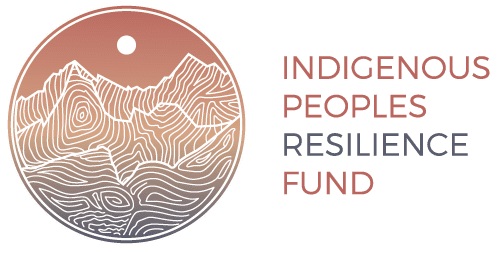Today marks the first National Day of Truth and Reconciliation. It was created in response to the recommendation # 80 of the Truth & Reconciliation Commission’s Calls to Action where they called “upon the federal government, in collaboration with Aboriginal peoples, to establish, as a statutory holiday, a National Day for Truth and Reconciliation to honour Survivors, their families, and communities, and ensure that public commemoration of the history and legacy of residential schools remains a vital component of the reconciliation process”.
This first National Day comes amidst the ever-present and ongoing trauma of the legacy of colonization and the Indian Residential Schools, and the uncovering of the bodies of children who were forcibly removed from their families and taken away to “take the Indian out of the child”. These atrocities demonstrate the severity of pain and suffering created by Canada’s genocidal past. Many are uncertain how we mark such a day in a meaningful way, and chart the path forward towards reconciliation based on the values articulated through the Truth and Reconciliation Commission.
True reconciliation means building deep, respectful and lasting connections so we can move forward together. We need to build bridges within and between peoples and communities.
For the philanthropic sector, the Declaration of Action can be a way to build some of those bridges. Community Foundations of Canada (CFC) and the Indigenous Peoples Resilience Fund (IPRF) acknowledge that philanthropy must change – decolonizing wealth and embedding anti-racism practices into our practices. We have a choice to be part of a system or to change it. We are walking together on the path towards reconciliation to create changes and build relationships to heal our fractures. The philanthropic sector has a long way to go to embed reconciliation, but we are committed to moving forward together. The Declaration of Action lays out a path.
Like every other sector, philanthropy is one of people – and for philanthropy to change, each of us needs to move beyond the practice of well-meaning to doing the hard work to model the change we know needs to happen. Today is about taking personal actions to reject the structures of racism inherent in our systems in order to move forward towards reconciliation. Together, CFC, the IPRF and our other allies have reach from coast to coast to coast; we are a constellation of thousands of individuals who can find our own bridges into reconciliation and build them in our communities.
The Declaration of Action is meant to be a living, breathing document that embeds reconciliation in philanthropy. Relationships are part of our being and something we do every day. Each of our relationships therefore needs to be a living one that we nurture far beyond today.
Each person is at their own spot on this path towards reconciliation, but we are walking together and moving forward. Anger, guilt and shame may be part of that path, but we cannot let them paralyze us. We need to work through those feelings and take action in order keep moving forward.
As you build your own bridge into reconciliation, the Declaration of Action can inspire some personal calls to action you can take today and every day.
Learn and Remember by…
Learn and Remember by…
- Learn about the Indigenous Peoples living in your own community and the Indigenous history of the land you live on.
- Read about Canada’s past with Indigenous Peoples in Donald Smith’s Seen but Not Seen or Rupert Ross’s Dancing with a Ghost.
Understand and Acknowledge by…
Understand and Acknowledge by…
- Read Volume 1 of the Truth and Reconciliation Report to acknowledge the atrocities.
- Hear from Indigenous Peoples in APTN’s day of programming on Truth and Reconciliation.
Participate and Act by…
Participate and Act by…
- Wear orange in recognition of the harm the residential school system did to children’s sense of self-esteem and well being
- Donate to an Indigenous-led organization in your community, take part in the One Day’s Pay campaign to support Indigenous projects, movements and organizations or donate directly to the Indigenous Peoples Resilience Fund or the Indigenous Peoples Solidarity Fund.
- Go to an event in your community, like a rally or a protest, to call on leaders to take more action towards reconciliation.
Above all, be with and in this day and spirit.
